In the years following marine heatwaves, effects were often minimal, Rutgers study finds
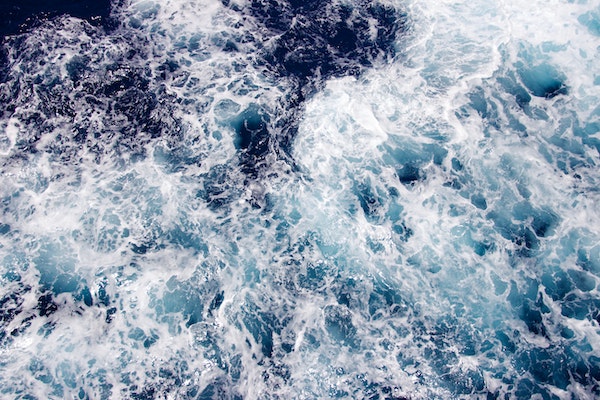
Marine heatwaves – prolonged periods of unusually warm ocean temperatures – are not having a lasting effect on the fish communities that have major commercial importance worldwide.
The finding from Rutgers University-led research is in contrast to the devastating impacts that marine heatwaves can have on other marine ecosystems, like coral bleaching and harmful algal blooms.
“There is an emerging sense that the oceans do have some resilience, and while they are changing in response to climate change, we don’t see evidence that marine heat waves are wiping out fisheries,” said Alexa Fredston, the lead author of the study, which was published in Nature.
The research assessed the effects on commercially important fish such as flounder, pollock and rockfish based on data extracted from decades of scientific trawl surveys of continental shelf ecosystems in North America and Europe. The analysis examined 248 marine heat waves with extreme sea bottom temperatures during this period and found that marine heat waves in general don’t show major adverse effects on regional fish communities. Declines in biomass did occur, but these cases were the exception, not the rule.
“The oceans are highly variable, and fish populations vary quite a lot,” added Fredston. “Marine heatwaves can drive local change, but there have been hundreds of marine heatwaves with no lasting impacts.”
The data did reference incidents with major impacts, like the 2014-2016 marine heatwave in the Northeast Pacific known as “the Blob,” one of the largest ever that led to a 22 percent loss of biomass in the Gulf of Alaska. Conversely, a 2012 marine heatwave in the Northwest Atlantic led to a 70 percent biomass gain. The authors said these weren’t large changes compared to natural variability.
“We found that these negative impacts are unpredictable and that other heatwaves had no strong impacts,” said Malin Pinsky, a co-author. “This means that each heatwave that hits is like rolling the dice: Will it be a bad one or not? We don’t know until it happens.”
Now that you've reached the end of the article ...
… please consider supporting GSA’s mission to advance responsible seafood practices through education, advocacy and third-party assurances. The Advocate aims to document the evolution of responsible seafood practices and share the expansive knowledge of our vast network of contributors.
By becoming a Global Seafood Alliance member, you’re ensuring that all of the pre-competitive work we do through member benefits, resources and events can continue. Individual membership costs just $50 a year.
Not a GSA member? Join us.
Author
-
Responsible Seafood Advocate
[103,114,111,46,100,111,111,102,97,101,115,108,97,98,111,108,103,64,114,111,116,105,100,101]
Tagged With
Related Posts
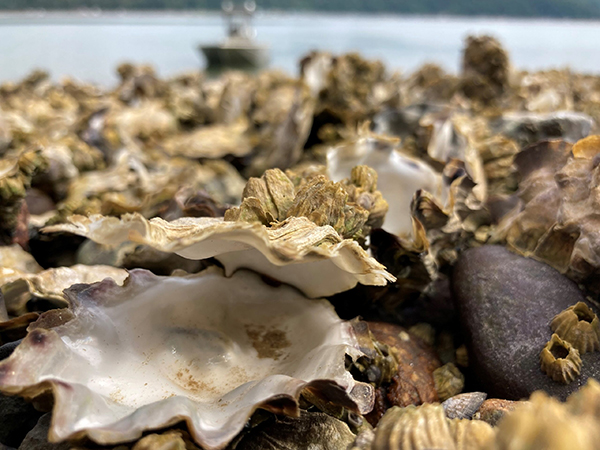
Responsibility
2021 heat wave created ‘perfect storm’ for shellfish die-off
Researchers have produced the first comprehensive report detailing the impacts of the 2021 Pacific Northwest heat wave on shellfish.
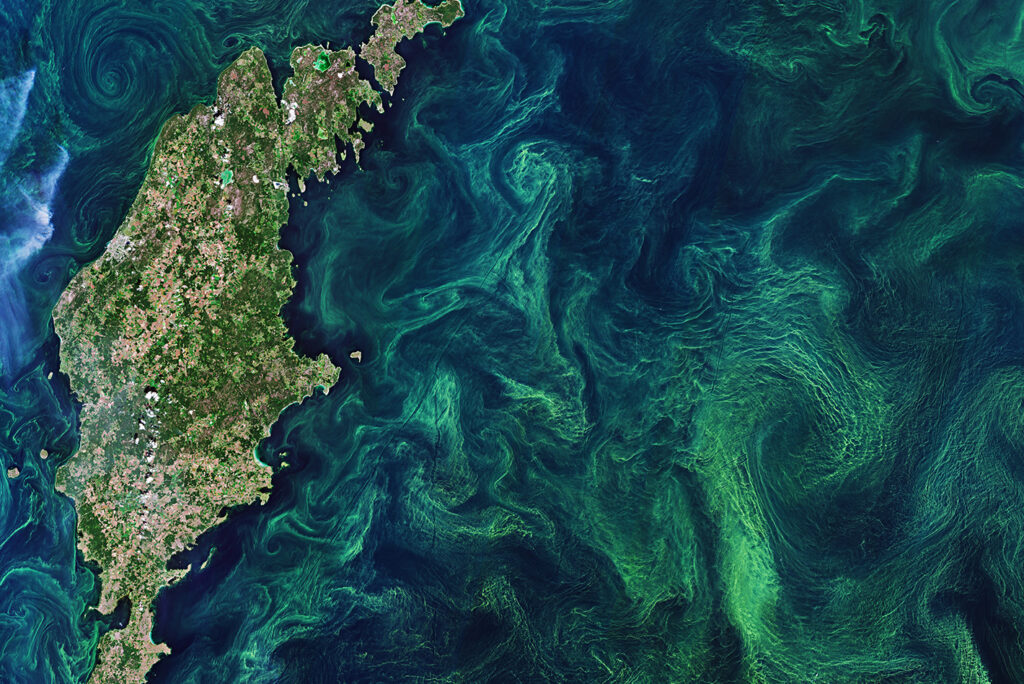
Fisheries
Increasingly frequent and costly, marine heatwaves are testing the resilience of fisheries and aquaculture
Marine heatwaves have already caused severe losses for seafood, but in some cases, the industry may see some benefits from these events.
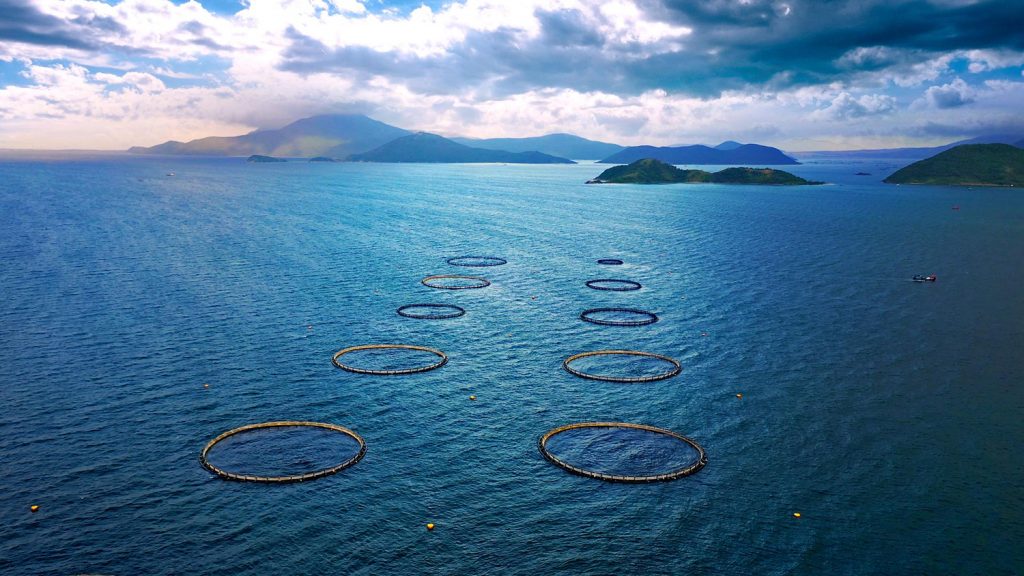
Responsibility
Does aquaculture really need a heat-tolerant salmon to adapt to rising ocean temperatures?
With rising ocean temperatures, are efforts to breed a heat-resistant salmon a race against nature? Or does the ideal fish for tropical aquaculture already exist?
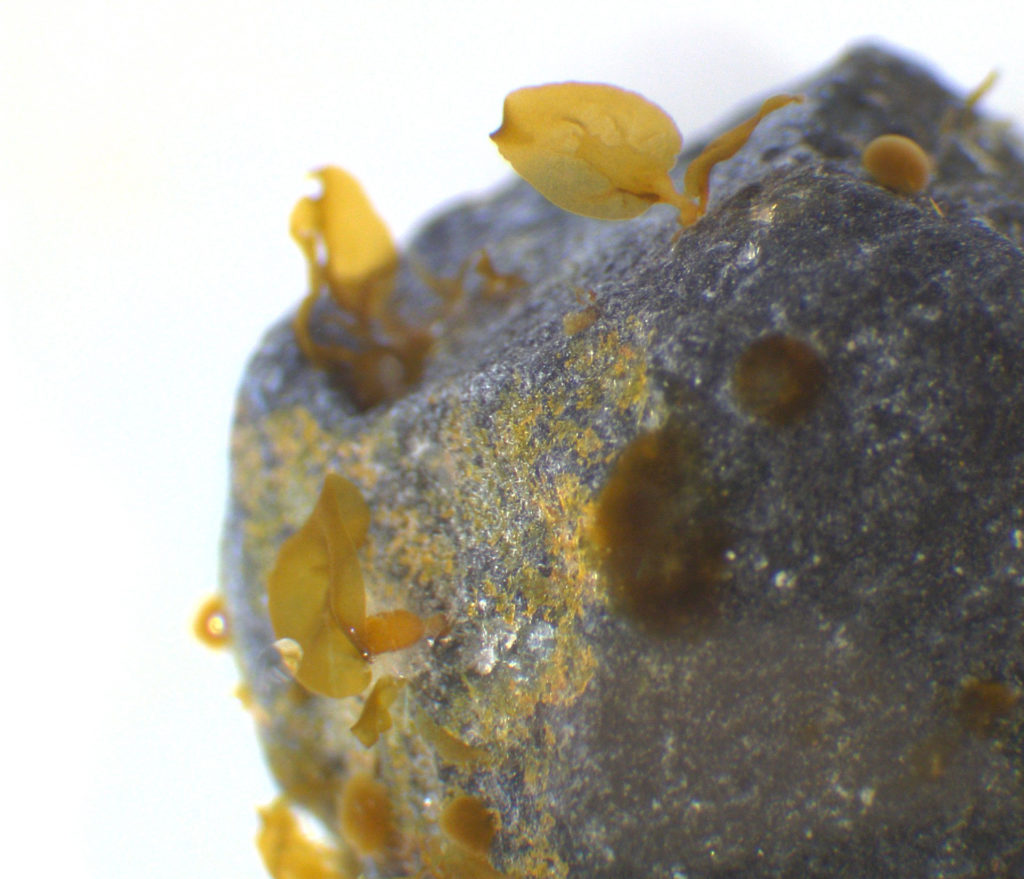
Responsibility
Kelp parachutes: Green gravel reforestation projects showing promise
Researchers are growing kelp seedlings on ‘green gravel’ and then scattering them on the ocean floor, where they’ll hopefully anchor and flourish.



